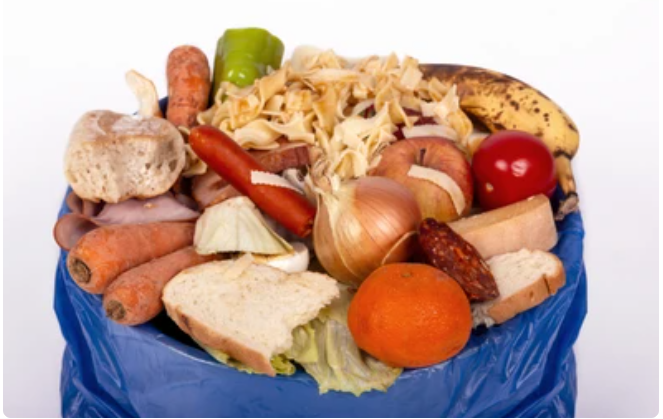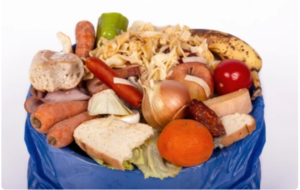
Food waste is a big problem in the world. It affects our money and harms the environment. Every year, a lot of food is wasted while many people go hungry. Reducing food waste helps save money and important resources like water and energy. By taking small steps, we can all make a difference. This article shares five easy ways to cut down on food waste.

Plan Your Meals
One of the best ways to reduce food waste is to plan your meals ahead of time. This helps you buy only what you need and use ingredients you already have. Before shopping, check your fridge and pantry to see what you have. Make a shopping list based on the meals you want to prepare for the week. This will help you avoid buying things you don’t need.
Planning meals also helps you eat healthier, save money, and reduce stress about what to eat. By being mindful of what you buy and eat, you can greatly lower food waste.
Store Food Properly
Storing food correctly is just as important as buying the right amount. How you store food affects how long it stays fresh. Different foods have different storage needs. Some fruits and vegetables need to be in the fridge, while others do better in a cool, dry place. Leftovers should be kept in airtight containers.
Your freezer is also a great way to prevent food waste. Freezing leftovers or food that is about to expire can help it last longer. Check your fridge and pantry regularly to see what needs to be eaten soon or frozen for later.
Use Leftovers Creatively
Instead of throwing away leftovers, try to be creative and make new dishes from them. For example, leftover roast can be turned into a stew, and old rice can become fried rice. There are many ways to use leftovers and still make tasty meals. If you don’t want to eat them right away, freeze them for a quick meal later.
Using leftovers reduces food waste and saves you time in the kitchen.
Compost Your Food Scraps
Even if we try, we all waste some food sometimes. Composting is a great way to recycle food scraps into useful soil for gardening. If you have a garden, composting can provide natural fertilizer for your plants.
If you don’t have a garden, check if your community has compost collection services or drop-off points for food waste. Composting helps reduce the amount of waste in landfills and lowers greenhouse gas emissions.
Understand Expiry Dates
Many people throw away food because it has passed a “best before” or “use by” date. These dates often refer to quality, not safety. “Use by” dates are for perishable items and should be taken seriously, but “best before” dates are more about when the food is at its best.
Before throwing food away, check if it looks and smells okay. If it seems fine, it is usually safe to eat. Understanding expiry dates better can help you avoid wasting good food.
More Tips to Reduce Food Waste
Here are some extra tips to help reduce food waste:
– Shop Smart: Buy in bulk only if you know you will use it. Buying too much can lead to waste. Keep your fridge organized so you can see everything and use older items first.
– Serve the Right Portions: Make meals in amounts you can eat. If you often have leftovers, try serving less.
– Share Extra Food: If you have more food than you can eat, share it with friends, family, or neighbors. Some communities have programs or apps for sharing food.
– Educate Yourself and Others: Learn more about food waste and its impact on the environment. Share what you learn to help others become more sustainable.
Conclusion
Reducing food waste is everyone’s responsibility. By planning meals, storing food well, creatively using leftovers, composting, and understanding expiry dates, we can all lead a more sustainable lifestyle. Each small action can make a big difference for the environment and society.
The fight against food waste starts in our kitchens with the choices we make every day. Every little step counts in helping the planet and future generations.
Leave a Reply